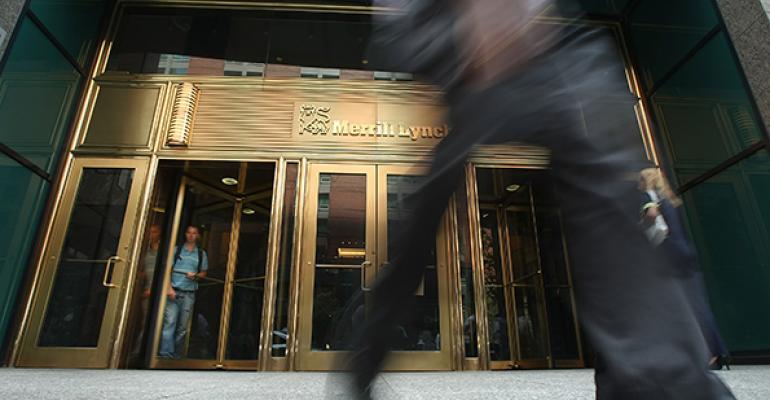Our firm’s been super-busy over the past several months—which, to many, seems crazy with everything that’s going on in the world.
Yet, it’s not that surprising because the “work from home” mandate has given all advisors more time and privacy to self-reflect and examine their business lives through a different lens.
But what’s really interesting to us is that the majority of calls we’re receiving are from Merrill Lynch advisors sharing a sense of heightened frustration about a loss of control—rooted in increased bureaucracy, an ever-encroaching bank presence, the loss of talented product specialists (that many top advisors rely upon to amplify their service delivery) and a general sense of feeling “less valued” than they once were.
And while they’re sharing their frustrations, one of the many questions they ask us is whether we believe that Merrill will remain in the Broker Protocol.
Quite honestly, few expected the firm to remain a part of the seminal agreement for as long as it has. The reality is that in the three years since their main competitors, Morgan Stanley and UBS, opted to pull out of the Protocol, we’ve all been waiting for the Merrill shoe to drop.
And, surprisingly, it hasn’t.
While Merrill’s senior management has repeatedly denied that an exit was on the horizon in the short term, many industry pundits continue to be skeptical. And rightfully so, as the firm has suffered a continual and rampant drain of top advisor talent, representing billions of dollars in assets.
Just in the past year alone, advisors managing some $42 billion left Merrill for the competition: that is, other wirehouses, regional and boutique firms like First Republic, Rockefeller and RBC, and independence. Given the continual losses, it would make sense for the firm to opt out of the Protocol—to staunch the bleeding and make it “harder” for advisors to leave.
Plus, Merrill’s strategic decision to stop recruiting from the competition and focus on the firm’s Accelerated Growth and Community Markets initiative, which onboards salaried talent who sit in bank branches, essentially negates the need for the Protocol as these younger community bank advisors have little, if any, books of business.
So, what if there’s truth to the rumor?
If the firm should decide to leave the Protocol, Merrill advisors who are considering a move wonder what the departure would mean to them. Essentially, there are three things to consider:
- The advisor’s employment agreement would govern the move—and any post-employment restrictions in it, likely an expectation of nonsolicitation, would rule;
- The process of moving without Protocol protection is more complex—and, therefore, comes with more risk; and
- Following the advice of legal counsel becomes ultra-critical—to ensure that every I is dotted and every T is crossed.
The reality is that it’s easier to move with Protocol protection. It just is.
Yet, despite the fact that two of the three wirehouses are no longer part of the Protocol, recruiting is robust and deals are richer than ever.
The bottom line is this: There is always some rumor running through the wealth management industry and the vast majority never come to fruition. But from where I sit, the speculation around Merrill opting to follow Morgan’s and UBS’s lead makes more sense than most.
Mindy Diamond is president & CEO of Diamond Consultants in Morristown, N.J., a nationally recognized boutique search and consulting firm in the financial services industry.





